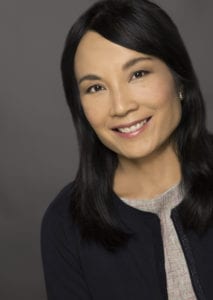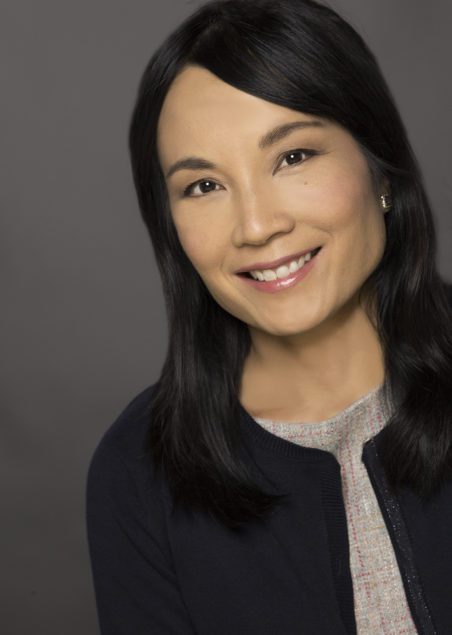Marijuana has been used as a medicine for thousands of years from ancient China, India and Egypt, through medieval times and Europe. It was used in the United States commonly in the 19th century, until 1941, when it was removed from the U.S. Formulary and Pharmacopeia. Under the federal government, cannabis remains a Class I Scheduled drug under the Controlled Substance Act from 1970. Class I means a substance has a high potential for abuse and no accepted medical use. However, the federal government had also taken a step back with the Ogden Memorandum of 2009, to allow the individual states to decide their own legality for medical marijuana. The tide has turned since medical marijuana started to become legal in eight states such as California and Colorado from 1996-1999. Since then 21 more states have voted to accept medical marijuana. Seven states and the District of Columbia have accepted recreational marijuana since 2016.
On November 7, 2016, the Medical Marijuana Initiative passed by 71.3% of votes in Florida. Amendment 2 states that patients with certain conditions may receive medical marijuana under the guidance of a qualified physician.
Qualifying conditions are
- Cancer
- Terminal condition
- Epilepsy
- Glaucoma
- ALS (Amyotrophic Lateral Sclerosis)
- Crohn’s Disease
- Parkinson’s Disease
- Multiple Sclerosis
- HIV/AIDS
- PTSD
- Chronic non-malignant pain
- Other debilitating medical condition of the same kind or class, as or comparable to those enumerated, and for which a physician believes that the medical use of marijuana would likely outweigh the potential health risks for a patient.
A patient who wishes to be qualified for medical marijuana in the state of Florida needs to provide medical records that show evidence of their medical condition. Then, the patient should have a consultation with a certified physician who has completed the required course to recommend medical marijuana. The physician may place the patient on the registry, and the patient must place their own application to the Florida Department of Health, which includes proof of Florida residency. Once the patient is approved and receives their identification number, they may purchase medical marijuana from a licensed dispensary. The local dispensaries in South Florida are Trulieve and Curaleaf, although there are other Florida dispensaries that also provide home delivery.
The available products from the dispensaries include inhalation routes such as herbal

vaporizers and vape pens, oral capsules, oral oils and concentrates, sublingual tinctures, and topical salves. Smoking cannabis via a cigarette or pipe is illegal in Florida.
Medverde is a holistic medical practice focusing on the qualification of patients and recommendations for medical marijuana. Dr. Ann-Marie Wong transitioned her practice to Medverde, after 20 years as a practicing physician, Board Certified in pediatrics. Medverde offers help to both adult and pediatric patients, and also provides home visits. The practice believes in communication with a patient’s primary doctor and specialists to work as a team for a patient’s health and wellness.
To receive a consultation or to learn more about Medverde, contact Dr. Ann-Marie Wong at amwong@medverde.com








Comments are closed.